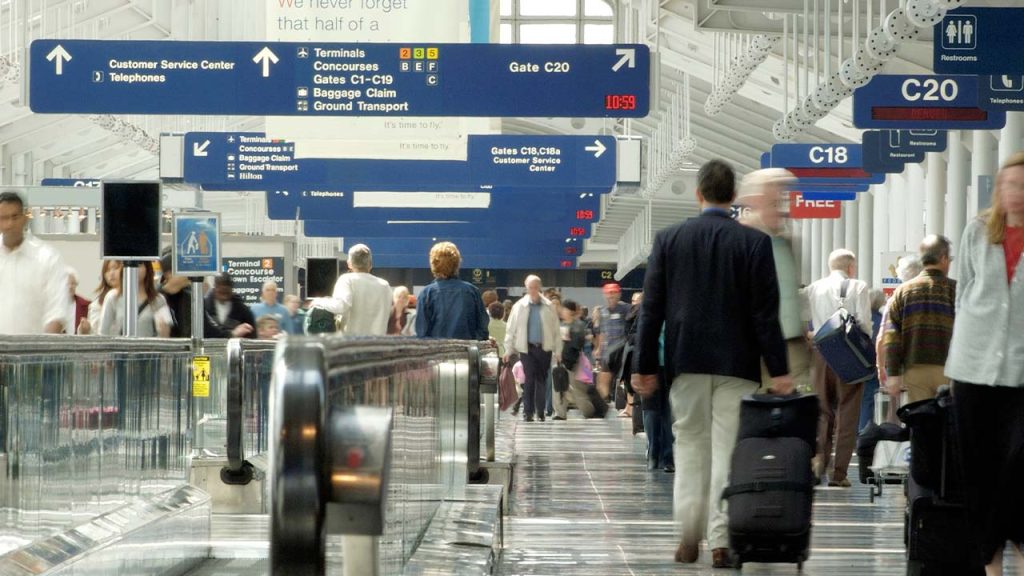In such a competitive and time-sensitive industry like aviation, well-organized communication and customer support determine the sustainability of customer satisfaction and operational success. Therefore, call centers have become an imperative strategic arm for flight services, an intermediary between airlines, passengers, and other interested stakeholders.
Enhancing Customer Service Experience
Customer service is one of the major cornerstones in aviation. On everything from flight booking down to baggage policy and unexpected delays, passengers expect to get fast, correct, and reliable information. Call centers are considered a passenger’s first point of contact and offer them real-time assistance.
Enhancing customer service includes the following:
24/7 Support: Flight services operate at all hours, and so do call centers. Therefore, passengers are assured of assistance at any time, whatever their time zone or flight schedule may be.
Multilingual Support: Airlines deal with a wide demographic that spreads across the world. Call centers offer passengers multilingual support to converse and seek help in their native language no matter what region they belong to.
Personalized Assistance: It can also personalize the services by integrating with the CRM system of the organization. This solution gives the agent access to information about the customer, previous interactions, and preferences that may be used to tailor a solution for each customer’s needs.
Managing Flight Bookings and Cancellations
The most important tasks of call centers dealing in flight services are handling flight bookings and cancellations. Reserving seats is not the only task involved in such a process; rather, complicated requests such as rebooking, flight changes, and cancellations due to disruptions in weather or mechanical issues fall under this category.
The strategic impact of call centers in this area includes:
Efficient Booking Processes: Call center agents are trained in the most efficient navigation of booking systems related to airlines so that customers may book their flights or effect changes easily and without fuss.
Proactive Communication: Due to flight cancellations or delays, call centers may proactively get in contact with passengers to offer alternatives and rebook them on their next available flight.
Handling Refunds and Compensation: In cases of cancellations where passengers are entitled to refunds or compensation, the call center serves as an intermediary to ensure that such transactions occur as seamlessly as possible, further enhancing customer satisfaction.
Supporting Flight Operations and Logistics
All the call centers in flight services do not relate to response customer queries. Some of them serve critical roles to support internal flight operations and logistics by coordinating pilots, ground staff, airport authorities, and third-party service providers for seamless operations.
Key ways call centers manage flight operations:
Crew and Pilot Scheduling: Assistance from call centers goes to the level of keeping crew members and pilots on flight schedules, knowing for sure that all of them are available and geared up for flying. This is very important during peak seasons when travels are high or during emergencies when quick staffing adjustments are inevitable.
Handling Special Requests: The call centers coordinate with airport personnel and airline personnel to ensure the arrangement for such requests in the case of VIP customers or passengers needing special assistance due to mobility issues.
Managing flight disruptions and emergencies
Flight disruptions include delays, cancellations, and emergencies, all of which definitely ruin the passenger experience. Flight call centers are at the center of most airlines’ disruption management efforts. Through this, information and timely assistance are extended to passengers whose flights may be delayed or cancelled due to unforeseen circumstances. This reduces the amount of stress and confusion they feel.
Call centers during flight disruption:
Provide Real-Time Updates: The calling agents update the clients on every change, even on flight delays or cancellations.
Assist with Rebooking: Whenever there are cancellations, call centers can rebook the passenger either on other flights or make accommodation arrangements to minimize the inconvenience of the journey.
Emergency Assistance: The call centers, in cases of medical emergencies on board or security-related issues, liaise with the relevant departments and authorities to offer immediate assistance and advice towards passengers and staff alike.
Customer retention and loyalty
Success in the long term would be ensured by customer loyalty in the aviation industry, which is one of the major factors. Call centers enhance customer retention by offering quality service that would make repeat business possible. Each time passengers are treated with importance to make them feel valuable and catered for, they tend to create more businesses for the same airline at later flights.
Call centers contribute to customer retention by:
Personalized Follow-Up Calls: Passengers can be followed up on the status in case the call centers handle an issue that has been resolved or a booking. Such a personal approach acts as an endorsement towards service excellence by the airline company.
Loyalty Program: At times, inquiries regarding frequent flyers come in, thus enabling passengers to utilize their rewards toward flight upgrades or to check on their loyalty points. This builds a good relationship with frequent customers.
Gathering Customer Feedback: This also provides the call centers with important feedback from passengers regarding their travel experiences. It gives them insight into areas that need to be amended for the betterment of the whole service.





